Preventing clogged drains and sewer lines may seem like a hassle, but taking precautions can save you time, money, and headaches in the long run. In this article, we will discuss five simple steps to prevent clogged drains and sewer lines.
From regular drain cleaning and proper waste disposal to installing drain screens and being mindful of grease and oil disposal, these steps will help you avoid common plumbing issues.
Step 1: Regular Drain Cleaning and Maintenance
One of the most effective ways to prevent clogged drains is by regularly cleaning and maintaining them. Neglecting your drains can lead to a buildup of hair, soap scum, food particles, and other debris, which can eventually cause a clog.
You can unclog your drains naturally with a few simple DIY methods. One way is to pour a mixture of hot water and baking soda down the drain. This can break up any buildup and help avoid future clogs. Another method is to use a plunger to create suction and dislodge the blockage.
For more stubborn clogs, you can use a drain snake, which is a flexible tool that can reach deep into your pipes and remove blockages. These are available at most hardware stores and are easy to use.
Step 2: Proper Disposal of Waste
Clogged drains are often caused by improper disposal of waste. When items such as grease, food particles, and non-degradable materials are flushed down the drain, they accumulate inside pipes and cause blockages. To prevent plumbing clogs, it is essential to be mindful of what is being disposed of through the plumbing system.
Below are some guidelines for proper waste disposal:
- Do not flush baby wipes, paper towels, or any other non-degradable items down the toilet.
- Dispose of cooking grease and oils in the trash rather than pouring them down the drain.
- Use a strainer in the kitchen sink drain to catch food particles and prevent them from going down the drain.
- Dispose of hazardous materials such as chemicals and paints properly. Do not pour them down the drain.
By being mindful of what is disposed of through the plumbing system, homeowners can prevent common causes of clogged drains and maintain a healthy plumbing system.
Step 3: Install Drain Screens and Hair Catchers
One of the most effective ways to prevent clogged drains is by installing drain screens and hair catchers. These devices trap hair, debris, and other particles before they enter the drain and cause clogs.
There are a variety of drain screens and hair catchers available on the market, including mesh screens, basket filters, and pop-up stoppers. Selecting the right type of device for your drain depends on the size and type of debris you are trying to trap. For example, a mesh screen may be suitable for catching hair, while a basket filter may be more effective at trapping food particles.
Fortunately, installing drain screens and hair catchers is a simple and affordable DIY project. In most cases, you will simply need to remove the drain cover and place the device over the drain. Be sure to clean the screen or catcher regularly to prevent buildup and ensure proper drainage.
Step 5: Be Mindful of Grease and Oil Disposal
It’s important to be cautious when dealing with grease and oil, as improperly disposing of these substances can lead to major plumbing issues. Grease and oil can quickly solidify in drains and sewer lines, causing clogs and backups.
Here are some tips for proper grease and oil disposal:
- Never pour grease or oil down the drain
- Dispose of grease and oil in a sealed container in the trash
- Scrape excess grease and oil off of dishes and cookware before washing them
By being mindful of grease and oil disposal, you can do your part in preventing plumbing clogs and sewer line backups.
Step 5: Be Mindful of Grease and Oil Disposal
Grease and oil may seem harmless when discarded down the drain, but they can cause significant clogs, especially when they cool and solidify. Proper disposal of grease and oil is essential to prevent plumbing issues.
Here are some tips to help you dispose of grease and oil properly:
- Allow grease and oil to cool and solidify, and then scrape them into a container and dispose of them in your household trash.
- Alternatively, collect grease and oil in a dedicated container and take it to a recycling or disposal facility that accepts it.
- Never pour grease or oil down the drain, even if you use hot water or detergent to wash it down.
Additional Tips for Clog Prevention
Preventing clogged drains and sewer lines doesn’t have to be complicated. Here are a few extra tips to help you keep your plumbing running smoothly:
- Use enzymatic cleaners regularly to keep drains clear of buildup.
- Never pour hot grease or oil down drains. Instead, let it cool and dispose of it in the trash.
- Avoid putting foreign objects down drains, including feminine hygiene products, cotton swabs, and paper towels.
- Consider installing a backwater valve to prevent sewer backups.
- Stay mindful of what you put down your garbage disposal, including fibrous foods, bones, and hard objects.
By following these tips, you can significantly reduce your risk of experiencing plumbing issues caused by clogs and backups.
Signs of a Potential Clog or Sewer Line Issue
Prevention is key, but sometimes clogs and sewer line issues can still occur despite our best efforts. It’s important to be aware of the signs that indicate a potential issue so that you can take immediate action to prevent further damage.
1. Slow Drainage: If you notice that water is draining slowly from your sinks, showers, or tubs, it may indicate a clog in your plumbing system.
2. Unpleasant Odors: Foul odors emanating from your drains or the sewer line can indicate a blockage or a backup.
3. Water Backup: If water is backing up into your sinks, showers, or tubs, it’s a clear indication of a clog in your plumbing system or sewer line.
4. Gurgling Sounds: If you hear gurgling sounds coming from your drains or toilets, it could be because air is trapped in the pipes due to a blockage.
These signs should not be ignored as they can lead to serious plumbing issues and costly repairs if left unaddressed. Call a professional plumber as soon as possible if you notice any of these signs.
Frequently Asked Questions about Clog Prevention
1. How often should I clean my drains?
Cleaning your drains regularly is recommended to prevent clogs and backups. Depending on your usage, it’s recommended to clean your drains every 1-3 months. Consider using natural remedies such as baking soda and vinegar to keep your drains clean in between deep cleanings.
2. Can I flush baby wipes down the toilet?
No, baby wipes should not be flushed down the toilet. They do not break down like toilet paper and can lead to clogs in your plumbing and sewer lines. Dispose of baby wipes in the trash instead.
3. How can I prevent hair clogs in my shower drain?
Installing a hair catcher or drain screen in your shower drain can prevent hair from clogging the drain. Make sure to clean the hair catcher regularly and dispose of any collected hair in the trash.
4. Do I need to hire a professional for sewer line maintenance?
While some sewer line maintenance tasks can be done on your own, such as using enzymatic cleaners to break down buildup, it’s recommended to hire a professional for regular inspections and deep cleanings. A professional can identify and address any potential issues before they lead to major plumbing problems.
5. What should I do if I notice slow drainage or foul odors?
If you notice slow drainage or foul odors coming from your drains, it’s important to take immediate action. Try using natural remedies such as baking soda and vinegar to clear minor clogs, and avoid pouring harsh chemicals down your drains. If the issue persists, consider calling a professional for inspection and repair.
6. Can I pour grease down my kitchen sink?
No, pouring grease down your kitchen sink can lead to clogs in your plumbing and sewer lines. Instead, let the grease cool and solidify, and then scrape it into the trash. Alternatively, pour the grease into a container and dispose of it in the trash.
7. How can I prevent foreign objects from causing clogs?
To prevent foreign objects from causing clogs, be cautious about what you put down your drains. Avoid putting anything other than water, soap, and toilet paper down your drains. Use strainers or drain screens to catch any larger particles that may accidentally go down the drain.
8. Are enzymatic cleaners safe for my plumbing?
Enzymatic cleaners are safe for your plumbing and are often recommended for regular drain maintenance. They use natural enzymes to break down buildup and prevent clogs without harming your pipes.
9. How can I tell if I have a sewer line backup?
Signs of a sewer line backup can include foul odors, gurgling sounds coming from your drains, and water backups in your toilets or sinks. If you notice any of these signs, it’s important to call a professional for inspection and repair to prevent major plumbing issues.









